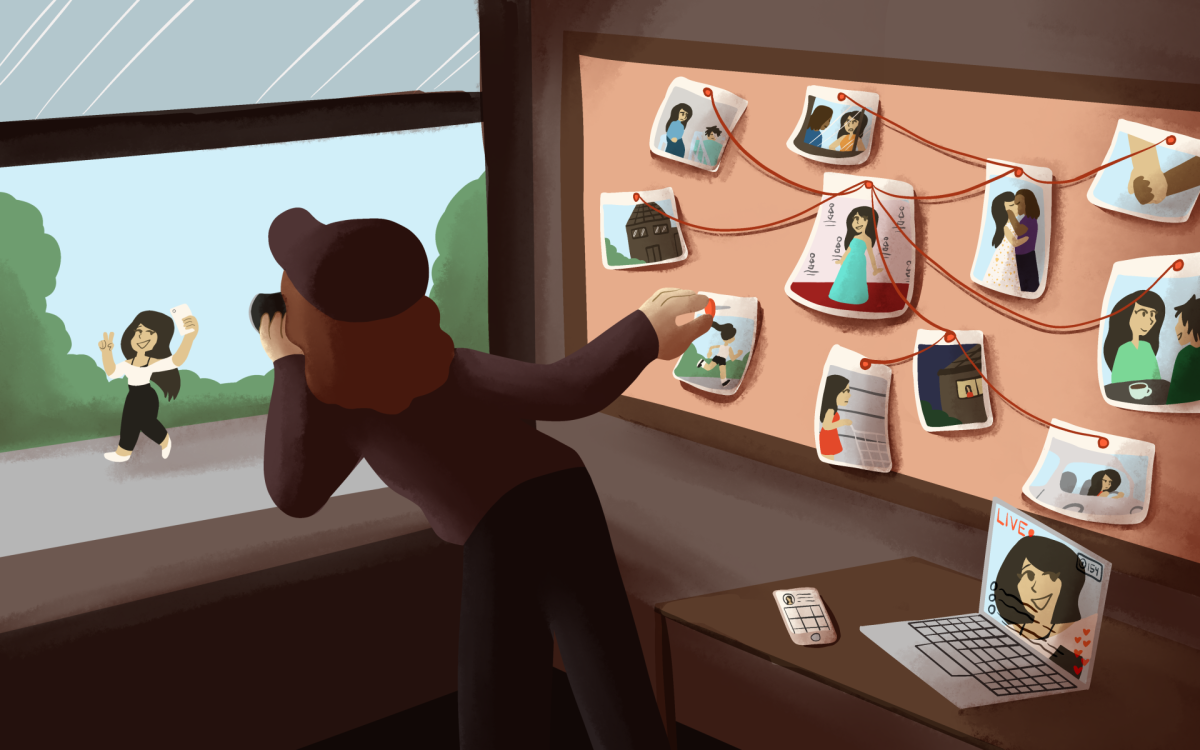I’ve never heard a ringing silence quite as loud as the one left in the wake of a phrase one of my old classmates uttered.
“The Catholic Church hates gay people. It’s a fact.”
I froze, trying and failing to channel my surprise and anger at this claim into a succinct rebuttal. Despite my Catholic upbringing, I have always seen myself as an ally to the LGBTQ population. How do you even begin to respond to that?
I realize there are religious sects all across the world that condemn homosexuality, contraceptives, and abortion. However, the world – and the Church along with it – seems to be in flux, coming to accept the life choices of others so long as they lead moral lives.
In fact, it almost seems as if Pope Francis is growing tired of the discussion about the Catholic Church’s stance on such issues. He made comments back in July in which he answered a question on homosexuality in the clergy with, “If someone is gay and he searches for the Lord and has good will, who am I to judge?”
More recently in late September, the Pope sat for another interview in which he claimed “The church sometimes has locked itself up in small things, in small- minded rules.” He called instead for a focus on moral issues larger than “issues related to abortion, gay marriage and the use of contraceptive methods.” He emphasized his point with an analogy of treating a wounded person by first asking about their cholesterol.
This seems to be setting a new tone for the Church, emphasizing broader morality above attempting to define what qualifies as sin. As a society, we are long past the days where we turned to the Bible for the answers to precise day-to-day choices, such as dealing with adulterers or what kind of clothing to wear, so why try to find answers as to whether or not birth control is acceptable or if being gay should be frowned upon?
Just as the Constitution of our country wasn’t expected to answer every possible question about the laws of our nation, the Bible can’t be expected to hold the secret truths to our very modern questions. Issues such as pornography or marrying a same-sex partner were concepts too far out of scope to have been properly addressed in such an ancient book.
That’s not to say that the teachings of the Church or the Bible are now irrelevant. Instead, religious men and women should use it to seek a moral lifestyle, letting it guide them toward living in a way that they see as pleasing to God. Shouldn’t our own focus be on larger issues like war, poverty and finding personal peace? This idea seems to be in line with what Pope Francis is getting at.
Patrick Callahan, a Political Science professor at DePaul with an emphasis in Catholic social thought, seemed to concur.
“Pope Francis’ emphasis on the love and mercy of God is exactly right,” he said. “The problem is that the larger society, and the mass media, focus on the Church’s proclamations on the immediate political matters and makes it seem as if there is an obsession with hot-button sexual issues.”
This would seem to suggest that the ones creating the Church’s obsession with such topics is not clergy members; perhaps it’s from followers that want to hear where the Church really stands. Perhaps it’s really the Catholic populace the Pope is addressing by making these comments about the Church’s obsession, politely asking them to refocus themselves and love their neighbors rather than seek reasons to condemn them.
The Pope can make as many judgment calls as he pleases on abortion or homosexual acts, but I think he’d rather be answering questions on how we can best love our neighbor or give back to the community. That is what I see as the true mission of the Church: helping the needy and campaigning for love, and ultimately there’s a lot of work left to do in the world in these areas.
Mark Laboe, the Associate Vice President for University Ministry at Depaul, weighed in on the topic.
“I tend to agree with many others, that so far Pope Francis’ style represents a very significant shift in the tone of Church leadership; his tone emphasizes the human, relational and pastoral dimension of the Church first and foremost,” he said. “I think Pope Francis’ words and example will go a long way towards making the Church and its message more relevant to us and for us here at DePaul. Even those who are not Catholic can’t help but see how present he and his messages and actions have been in the media. He challenges and inspires people to embody what they believe and to put it into concrete actions.” In essence, things are changing in a good way, and we can change ourselves along with them. So, if given the chance to go back and reply to that boy, I think I’d tell him he was wrong. I would tell him that the Church doesn’t preach hate, but love. Maybe then he’d learn something.







